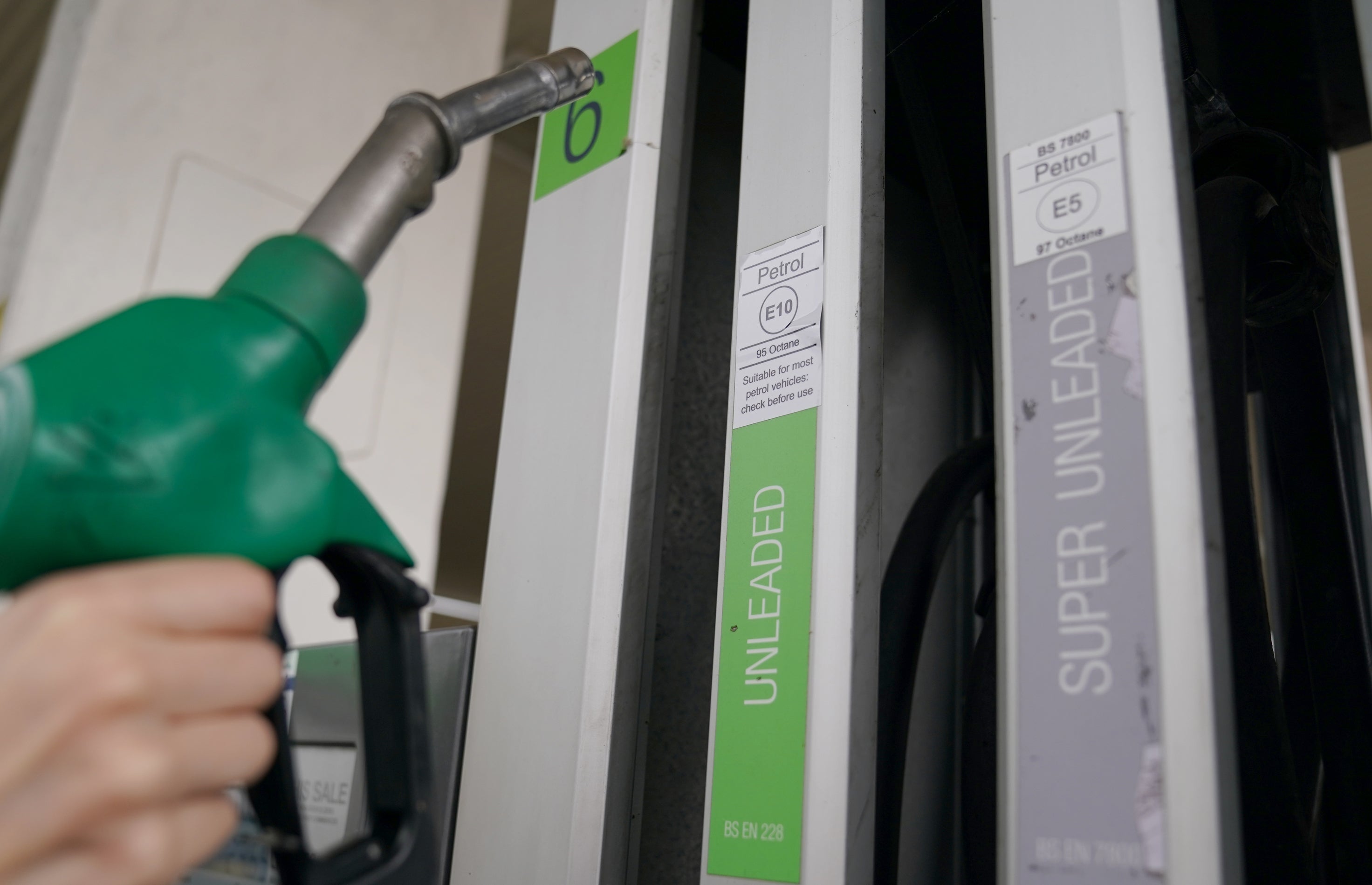Petrol and diesel prices hit record high
Retailers have been accused of raising profit margins since the cut in fuel duty.

Your support helps us to tell the story
From reproductive rights to climate change to Big Tech, The Independent is on the ground when the story is developing. Whether it's investigating the financials of Elon Musk's pro-Trump PAC or producing our latest documentary, 'The A Word', which shines a light on the American women fighting for reproductive rights, we know how important it is to parse out the facts from the messaging.
At such a critical moment in US history, we need reporters on the ground. Your donation allows us to keep sending journalists to speak to both sides of the story.
The Independent is trusted by Americans across the entire political spectrum. And unlike many other quality news outlets, we choose not to lock Americans out of our reporting and analysis with paywalls. We believe quality journalism should be available to everyone, paid for by those who can afford it.
Your support makes all the difference.Fuel prices continue to climb to record highs, figures show.
The Department for Business, Energy and Industrial Strategy said the average price of a litre of petrol at UK forecourts was 167.7p on Monday.
That was up from 165.1p a week earlier.
Unfortunately, the signs are that the pain isn’t over yet
The average price of diesel on Monday was 181.14p per litre, up from 179.7p last week.
Chancellor Rishi Sunak implemented a 5p per litre cut in fuel duty on March 23, two days after average prices were 166.8p per litre for petrol and 180.3p per litre for diesel.
Retailers have been accused of raising profit margins since the policy was introduced.
Steve Gooding, director of the RAC Foundation, said: “This news means more financial frustration for drivers and businesses, not least the owners of the country’s 18 million petrol-powered cars, most of whom will be private individuals and families.
“Unfortunately, the signs are that the pain isn’t over yet.
“Wholesale petrol prices are still close to recent highs and currently exceed those of diesel.
“As many people are looking anxiously at the prospect of ever higher bills to heat and light their homes, so too an increasing number of families are facing transport poverty.
“For most drivers, in the short term, there is little option but to grit their teeth and pay up.
“Even if they could afford them, the waiting time for new cars, including electric ones, can stretch to many months, and the used market is buoyant, meaning the scope to upgrade the family run-around for something more economical may be extremely limited.”